What is Thymectomy?
Thymectomy, also known as thymoma surgery, is most frequently done for thymus gland removal in individuals who have thymoma, thymic tumors, or myasthenia gravis. Currently, video-assisted thoracoscopic or robotic-assisted surgery is used to carry out it in a less invasive manner. Historically, median sternotomy was performed, but now open or minimally invasive procedures are commonly used in most cases.
The thymus gland is located in the upper chest region in front of the heart. Thymectomies are rare procedures, especially those performed on specific patients by the thoracic surgeons.
Types of thymectomy Techniques
Depending on the patient needs, thymectomy surgery can be performed in various approaches such as:
- Trans-sternal: This is the most conventional method, which involves separating the breastbone (sternotomy) and making a chest incision for accessing the thymus.
- Trans-cervical: This method involves making a neck incision slightly above the breastbone in order to access and remove the thymus.
- Minimally invasive approaches like VATS or robotic-assisted: These methods involve making tiny incisions in the chest wall and using specialized tools to examine and remove the thymus. The robotic thymectomy surgery uses robotic arms for greater accuracy and flexibility, while video-assisted thoracic surgery (VATS) uses a camera to guide the surgeon.
Based on the extent of the condition and its severity, thymectomy can be performed as a total thymectomy (complete removal of the thymus gland) or a partial thymectomy (removal of a portion of the thymus gland).
| Procedure Name | Thymectomy |
|---|---|
| Type of Surgery | Open or minimally invasive |
| Type of Anesthesia | General Anesthesia |
| Procedure Duration | 1-3 hours |
| Recovery Duration | A few days of hospital stay followed by a few weeks of house rest to fully recover |
Thymectomy: Pre-Op & Post-Op Care
Preparation: The patient’s medical history, physical examination, pre-operative evaluation, and final consent are obtained prior to surgery.
During the thymectomy procedure: The thymus gland in the chest is surgically removed partially or completely by the thoracic surgeon during a thymectomy with no damage to surrounding tissues by carefully dissecting and separating it. In certain instances, the lymph nodes or surrounding tissues might also be removed. Finally, the surgeon places drainage tubes if needed and closes the surgical site.
After the procedure: After a thymectomy, patients are monitored for pain and vital signs, may have a chest tube draining fluids, and are expected to be discharged soon.
Recovery: Thymectomy recovery time varies based on surgery extent, age, and health condition, the recovery time is typically 2-6 weeks, but may take a few months for some individuals.
Post-operative care: Following the thymectomy, specific instructions regarding the diet, pain management, wound care, and follow-up appointments are advised to the patients by the thoracic surgeon.
Benefits of Thymectomy at Yashoda Hospitals
- Effective Repair: Our comprehensive evaluation and personalized treatment plans ensure effective treatment for thymus gland abnormalities.
- Experienced Surgical Team: With years of experience, our skilled thoracic surgeons perform thymectomy procedures with precision and expertise.
- Efficient Care: We strive to provide timely diagnosis and prompt initiation of treatment strategies, ensuring efficient care and optimal outcomes.





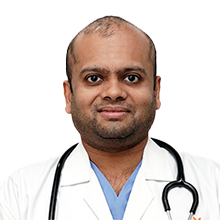



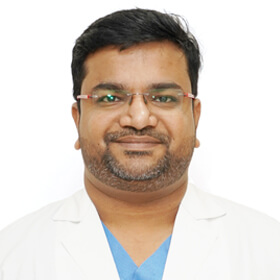
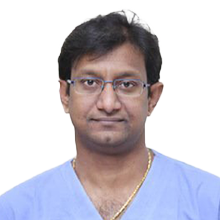
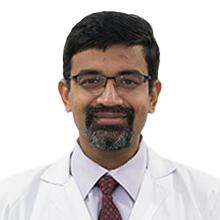
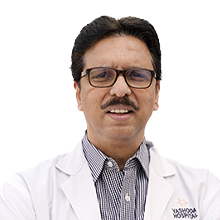
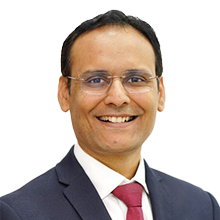













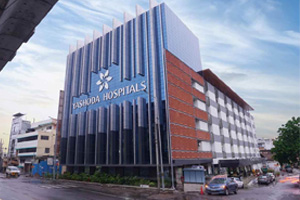
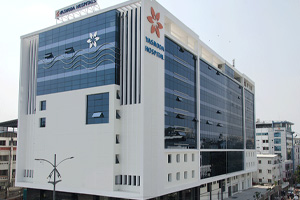


 Appointment
Appointment WhatsApp
WhatsApp Call
Call More
More